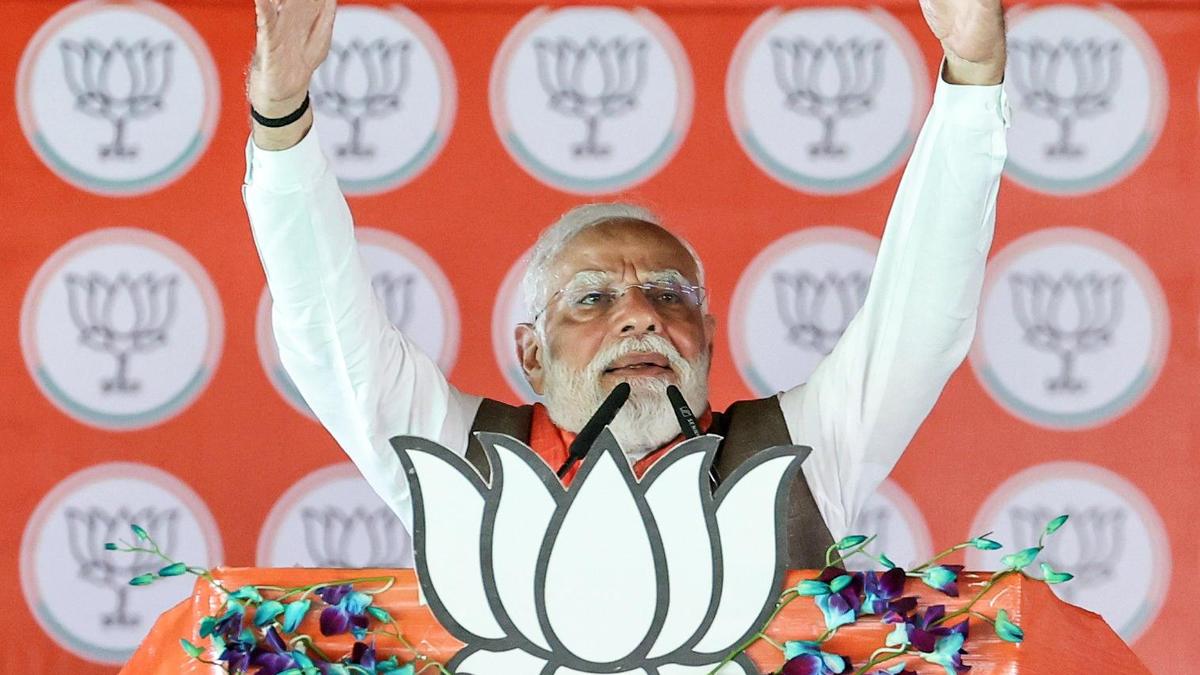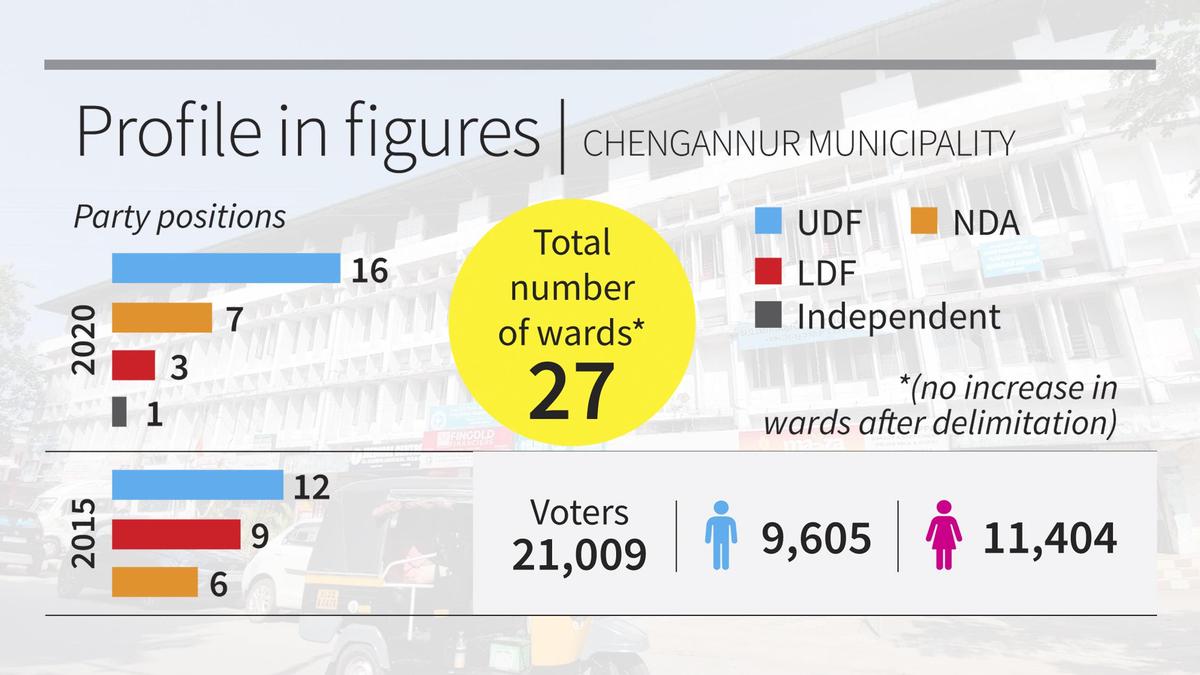There is a need to draft public policies with these main objectives in mind, improvement of human development indices (HDI) and to ensure sustainable environmental development, the former Registrar of the Institute for Social and Economic Change (ISEC) Vijay Kumar Torgal said in Dharwad on Wednesday.
“Due to the efforts of successive governments and planned development for several years, there has been a significant reduction in hunger and poverty and there has been a noticeable improvement in HDI. But there is still a need to emphasise eradicating hunger, reducing poverty and strengthening infrastructure development, while drafting new policies,” he said.
“Alongside economic progress, equal attention must be given to sustainable environmental development,” he said.
He was speaking after inaugurating a one-day seminar on “Public Planning and Recent Trends” organised jointly by the Indian Institute of Public Administration (IIPA) Local Branch, Dharwad, and the Department of Economics, Karnatak University.
Giving a background about planning, Dr. Torgal said that governments at various levels design both long-term and short-term schemes based on current issues to support development.
“Various plans are made for public welfare and social progress in line with the spirit of the Constitution. However, there is a need for governments to design appropriate schemes for sustainable development,” he said.
“For sustainable development, it is essential to implement the schemes properly. Every plan, when designed well, carries the objective of social welfare. Current plans should help address present-day issues. There is a need to implement projects that support poverty alleviation, sustainable environmental development and economic progress in the country,” he said.
“Today, the private sector plays a major role in planning and implementing projects. Foreign direct investment (FDI) has been instrumental in bringing many well-designed projects into reality,” he said.
Dr. Torgal gave examples of various attempts at planning by the Union and State governments.
“The Union government has now introduced a long-term Developed India plan. The Make in India initiative has revitalised the domestic manufacturing sector,” he said.
The Digital India programme, he added, has made governance more technology-driven and efficient. Similarly, the NITI Aayog has been working on utilising artificial intelligence to design schemes that effectively reach the people.
Technology, he observed, has had a tremendous influence on public life. There is a growing need to emphasise skill and resource development while formulating public policies. “Currently, around 54% of the skilled population has access to employment opportunities,” Dr. Torgal said.
Vice-Chancellor A.M. Khan said that all plans must align with the principles of sustainability and achieve alround progress by reaching the intended beneficiaries.
B.H. Nagur, who chaired the session, gave a historical review of planning in India. He said that women and youth must be provided with more opportunities through skill-based and professional training.
Resource persons S.S. Patagundi, S.T. Bagalkoti and others spoke on the recent trends in public planning.

 11 hours ago
3
11 hours ago
3








 English (US) ·
English (US) ·